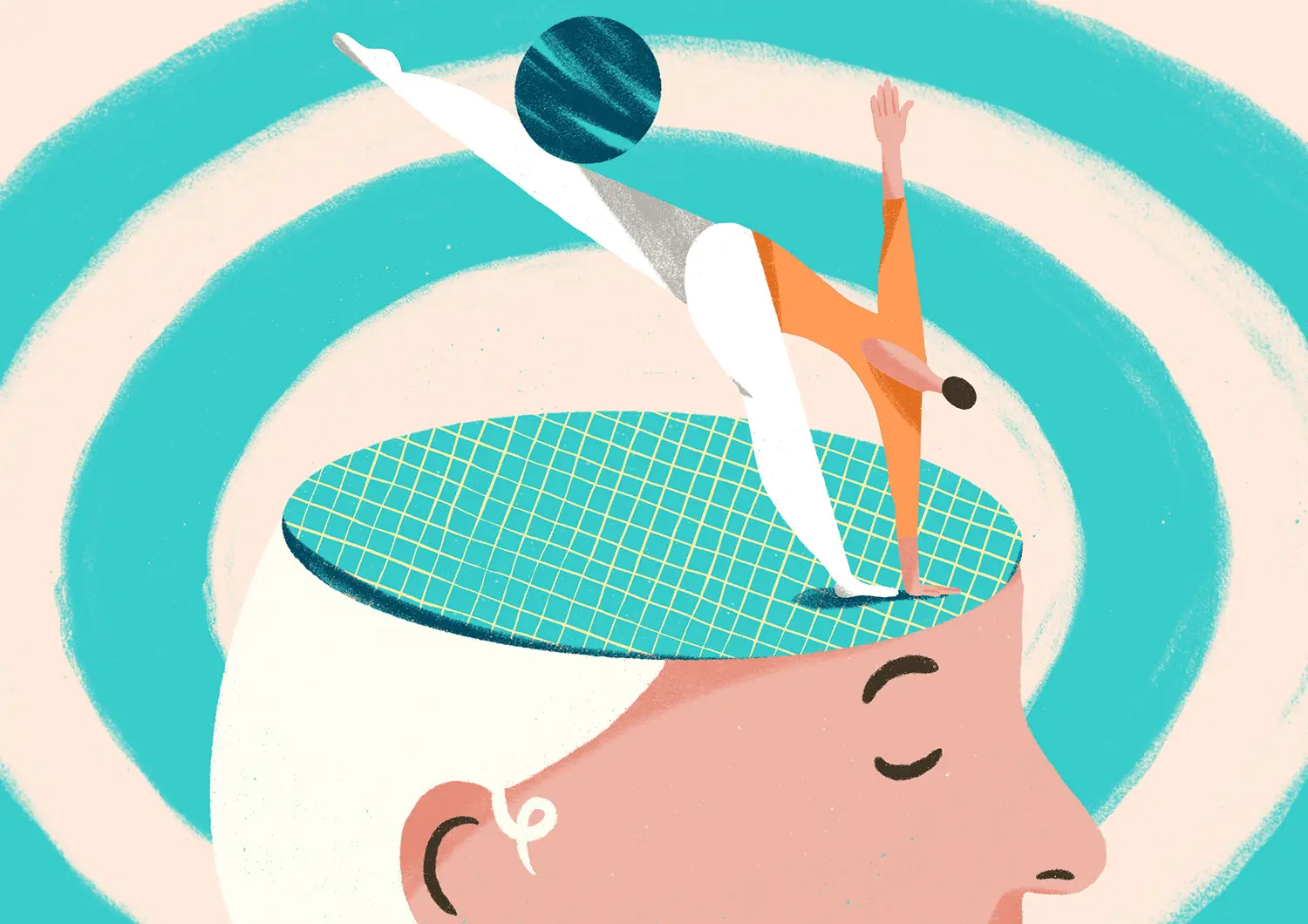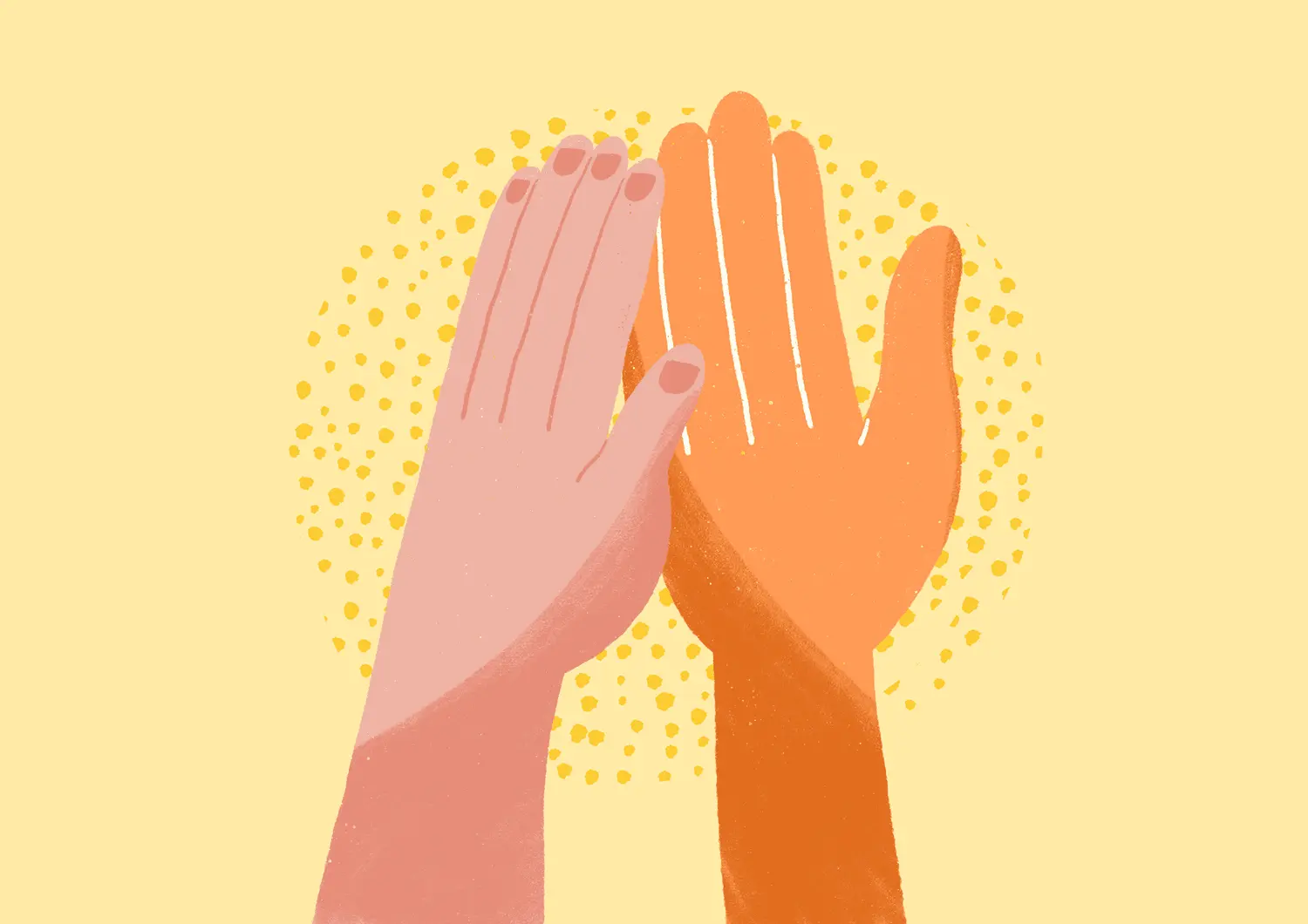When I first watched “Black Mirror” many years ago, I used to think that the idea of integrating technology into our daily lives and replacing human beings seemed far-fetched. However, since the first season of “Black Mirror” aired twelve years ago, artificial intelligence (AI) has rapidly advanced. Chatbots, such as ChatGPT and GPT-4, are now capable of answering various questions, consolidating information, writing essays, translating languages, and even checking and adjusting code. These advancements in AI have transformed industries and improved efficiency in various tasks. Moreover, other AIs like DALL-E and Midjourney can generate images based on text input, and AI systems can even sing and perform popular songs originally recorded by artists like Wong Ka Kui and Terence Lam.

(Source: "VirtualTours" Youtube Channel, applying Wan Kwong's unique vocals to Terence Lam's "Solitude")
With the emergence of the AI era, technology has brought convenience to numerous industries and fundamentally altered the way they operate.

Job Insecurity: How It Can Affect Your Sense of Control and Agency
The National University of Singapore has conducted research indicating that an increasing number of robots are being integrated into workplaces, potentially resulting in reduced job security for employees. The study also suggests that prolonged work stress can lead to emotional exhaustion, disengagement, and feelings of detachment, ultimately exacerbating the risk of burnout among workers.
A separate study has highlighted that job insecurity can result in unfavorable organizational citizenship behavior. Specifically, employees may become more focused on their own work and less likely to proactively assist their colleagues, ultimately creating an unfavorable atmosphere and culture that hinders workplace development.
When the pace of technological development exceeds our imagination, and the mainstream media is full of discussions on the trend of artificial intelligence, it is not uncommon to see headlines such as:
"ChatGPT replacing you and me?" and
"AI will replace 18% of the world's jobs"
These seemingly convinced statements and judgments may lead to a wave of panic, making us wonder to ourselves:
"What can I do that AI can't replace?"
Artificial intelligence, a force of both wonder and fear, casts a shadow of uncertainty on job security, evoking feelings of helplessness and anxiety about the future, and a sense of loss of control. Studies suggest that uncertainty amplifies negative emotions such as fear and anxiety, while diminishing positive emotions. The fear of losing one's job not only threatens one's financial stability, but also undermines one's sense of identity and purpose. In a foreign media interview, voice-over artists expressed their concern that AI could easily replicate their voices using pre-existing voice files, leaving them vulnerable to being replaced by artificial intelligence.
Amidst the creeping fear that our hard-earned skills and talents may be supplanted by machines, how can we reaffirm our own value and place in the world?

In a foreign study, individuals from various industries were interviewed to understand the impact of AI on the workplace. Participants shared their perspectives on the competencies that are crucial in the age of AI, including:
- Self-disciplined learning: In order to remain relevant in the age of AI, it is crucial for workers to continuously update their skills and thoroughly assess the accuracy of information. This entails creating effective learning strategies, monitoring progress, and exercising self-discipline to enhance performance. Additionally, workers should consider how technology can be applied to their own workplace needs.
- Ability to understand and apply data: In the era of AI, humans still play a crucial role in providing instructions to machines. Workers can enhance their value by developing a strong understanding of data analysis and interpretation. This includes effectively communicating data-driven insights to others, collaborating with colleagues to derive meaningful conclusions, and making informed decisions about which digital tools and technologies to employ.
- Creativity: As AI continues to take over routine cognitive tasks, it becomes increasingly vital for workers to foster and nurture their creativity. This includes engaging in activities like brainstorming, exploring various perspectives, and thinking outside the box.
- Collective creativity: While AI has the capability to analyze vast amounts of data and uncover patterns, it lacks the ability to replace the new life experiences and human interactions that often lead to groundbreaking and innovative ideas. It is therefore increasingly important for workers to foster collective creativity by engaging with others, actively participating in collaborative efforts, and seeking diverse perspectives. By embracing humanistic qualities and leveraging the power of social interaction, workers can discover new insights and co-create solutions that are beyond the reach of AI.
Workers, with the increasing prevalence of AI tools, should consider leveraging technology to amplify their strengths and enhance their work.

Nurturing a Sense of Security among Employees during AI Adoption
According to the 2023 Microsoft Work Trend Index Report, 69% of the interviewed workers in Hong Kong express concerns about AI taking their jobs. However, an interesting finding is that despite these concerns, 83% of workers are actually willing to delegate tasks to AI in order to alleviate their workload.
Business executives, compared to employees, perceive the value of AI in the following ways:
- Increasing productivity and work efficiency
- Assisting employees in completing necessary but repetitive/ monotonous tasks
- Reducing the time employees spend on low-value tasks
- Enhancing employee well-being
Rather than reducing staff, executives hope that AI can empower employees with greater capabilities in their work.
In adopting AI technologies, management can create an environment that equips employees with AI capabilities and enhances transparency to reduce employee anxiety and uncertainty:
- Provide a learning and application environment for AI tools: Allowing employees to experiment and apply them in their work, preparing them for an AI-driven workplace.
- Foster open communication: Clearly communicate expectations regarding the integration of human resources and AI, such as identifying processes suitable for automation and highlighting areas for human development, reducing employee uncertainty. Clearly convey future plans to help employees anticipate changes in their work.
- Increase employee participation in decision-making: Enhance employees' sense of control over the work environment and reduce job insecurity by involving them more in decision-making.
- Enhance fairness in company policies and procedures: Research indicates that when employees perceive fairness in procedures, they tend to believe that the company respects and values them, leading to increased trust in their job control and predictability.

Don't Forget to Acknowledge Your Achievements while Equipping Yourself!
Many studies have found that affirming and reflecting on important values and personal attributes can help us become more comfortable with work-related uncertainty and increase our resilience in the face of challenges.
A research team conducted studies and analyzed data on the impact of working with robots across multiple countries, including the United States, Singapore, India, and Taiwan. In one experiment, engineers who worked with robots in an automotive manufacturing company reported feeling stressed and unsettled. However, the researchers found that self-affirmation exercises helped to reduce feelings of helplessness among the 400 participants.
During the exercise, participants selected and wrote down a number of traits and values that were important to them, such as "friends and family," "sense of humor," "social skills," or "exercise," together with the reasons behind them. Employees who completed the self-affirmation exercise had less job insecurity than those who did not, plus the exercise had other positive effects, such as more confidence in working with robots and other coworkers. Research suggests that self-affirmation exercises can lower cortisol levels (the stress hormone that is released into the bloodstream and circulates throughout the body when we are under stress) and allow us to face challenges with greater ease.
Psychologists suggest that recognizing our "uniqueness as human beings" can alleviate unfounded fears of being replaced by machines at work. Moderate fear can motivate progress, and amidst the rapid advancements in artificial intelligence, it's an opportune moment to redirect our attention to our personal qualities, abilities, and values that make us distinct. Moreover, as we utilize AI as a tool, how can we harness its potential to enhance our own strengths and capabilities?

(An advertisement on a construction site in Belgium features the message, “Hey Chat GPT, finish this building..." In response, it replies, "Your skills are irreplaceable.")
Self-Affirmation Exercise - “A kind letter to myself”
TourHeart+ offers self-affirmation exercises, including “A kind letter to myself” and “5 suggestions to be kinder to yourself”. In this exercise, you're invited to write a letter of support and care to yourself, and have a friendly conversation with yourself.
- Please share a recent instance of self-criticism or an everyday event that you feel comfortable discussing without causing distress. For example, you could recall a situation where you may have encountered criticism from a supervisor after missing a deadline, or a scenario where a report wasn't completed on time and your coworker faced blame from your supervisor.
- Then, write a letter to yourself as if you were someone who cares about you. Use a comfortable and caring tone, and try to understand your own needs and concerns.
- To help you write the letter, you can refer to the “5 suggestions to be kinder to yourself”.
“5 suggestions to be kinder to yourself”
- Equalize your situation: It's important to remember that no one is perfect, and encountering mistakes and setbacks is a natural part of life. When confronted with a challenging circumstance, reassure yourself by saying, “It's not a big deal” to alleviate stress and anxiety.
- Acknowledge your progress: Learn to value your efforts in pursuing your goals, regardless of how small they may seem. Direct your attention towards the actions and choices that have previously led to success, using them as lessons to learn from and areas for improvement.
- Reflect on strengths and growth areas: Engage in self-reflection to identify your strengths and areas that need growth, utilizing them to confront current challenges.
- Try to view problems from different perspectives: For instance, focus on the process rather than just the outcome. Each attempt is an opportunity to learn more about yourself.
- Encourage yourself to take the next step: Break down tasks into small, manageable steps. Start with the easiest step first, and focus on completing one step at a time. Celebrate your achievements, and remind yourself that you can achieve your goals with perseverance and determination.

Academic references:
Yam, K. C., Tang, P. M., Jackson, J. C., Su, R., & Gray, K. (2023). The rise of robots increases job insecurity and maladaptive workplace behaviors: Multimethod evidence. Journal of Applied Psychology, 108(5), 850–870.https://doi.org/10.1037/apl0001045
Brynjolfsson, E., Li, D., & Raymond, L. R. (2023). Generative AI at Work (No. 31161). National Bureau of Economic Research. https://doi.org/10.3386/w31161
Markauskaite, L., Marrone, R., Poquet, O., Knight, S., Martinez-Maldonado, R., Howard, S., Tondeur, J., De Laat, M., Buckingham Shum, S., Gašević, D., & Siemens, G. (2022). Rethinking the entwinement between artificial intelligence and human learning: What capabilities do learners need for a world with AI? Computers and Education. Artificial Intelligence, 3, 1-16. [100056]. https://doi.org/10.1016/j.caeai.2022.100056
Online resources:
5 Ways to Future-Proof Your Career in the Age of AI by Dorie Clark and Tomas Chamorro-Premuzic https://hbr.org/2023/04/5-ways-to-future-proof-your-career-in-the-age-of-ai
AI anxiety: The workers who fear losing their jobs to artificial intelligence By Josie Cox https://www.bbc.com/worklife/article/20230418-ai-anxiety-artificial-intelligence-replace-jobs
AI Anxiety: Why People Fear Losing Their Jobs To AI and ChatGPT? https://mind.help/news/can-ai-anxiety-have-consequences-on-our-mental-health/
AI哲學辯證/總怕AI取代人類?請先面對自我的存在焦慮 文 / 曾子軒 https://www.gvm.com.tw/article/101414



